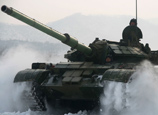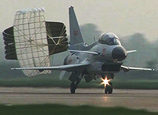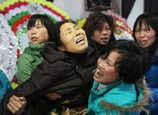
"The government took considerable political risk by undertaking the initiative of negotiating with the terror organization to lay down arms. If the process fails, it has to pay huge price from the backlash of both Kurdish and non-Kurdish groups in the country," Gursoy added.
Ankara's policy seems to have concentrated on a dual-track strategy to drive a wedge between hawkish groups within PKK and more moderate ones who are willing to cut a deal with the government.
"Without neutralizing or at least marginalizing die-hard militants in the PKK, you simply cannot make peace with the PKK. At the same time, you also need to talk to the PKK leader to steer this process away from the minefield," Mehmet Seyfettin Erol, head of Ankara's International Strategic and Security Research Center ( USGAM), told Xinhua.
"This process is going to take some time and there will be hiccups along the road," he added.
The peace process was dealt a slight blow last week when three PKK militants were killed in execution style in downtown area of the French capital of Paris, raising fears that the peace process may be derailed.
"Despite the clear sabotage attempt in Paris, the process seems to be proceeding so far," Turkish analyst Cengiz Aktar said.


















 'Collective children's weddings' held in kindergarten
'Collective children's weddings' held in kindergarten


![]()
